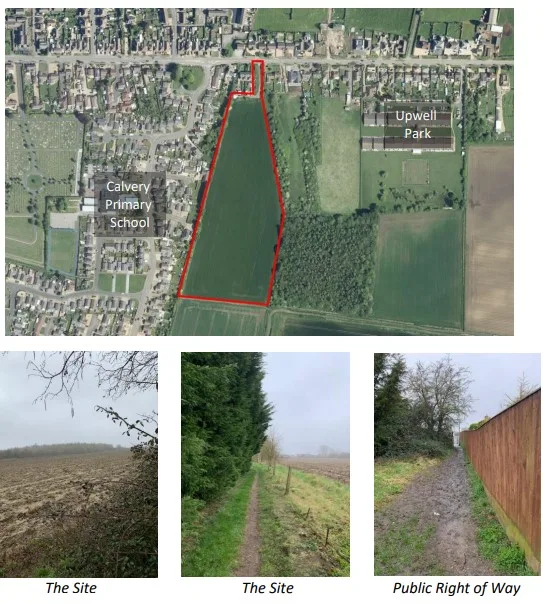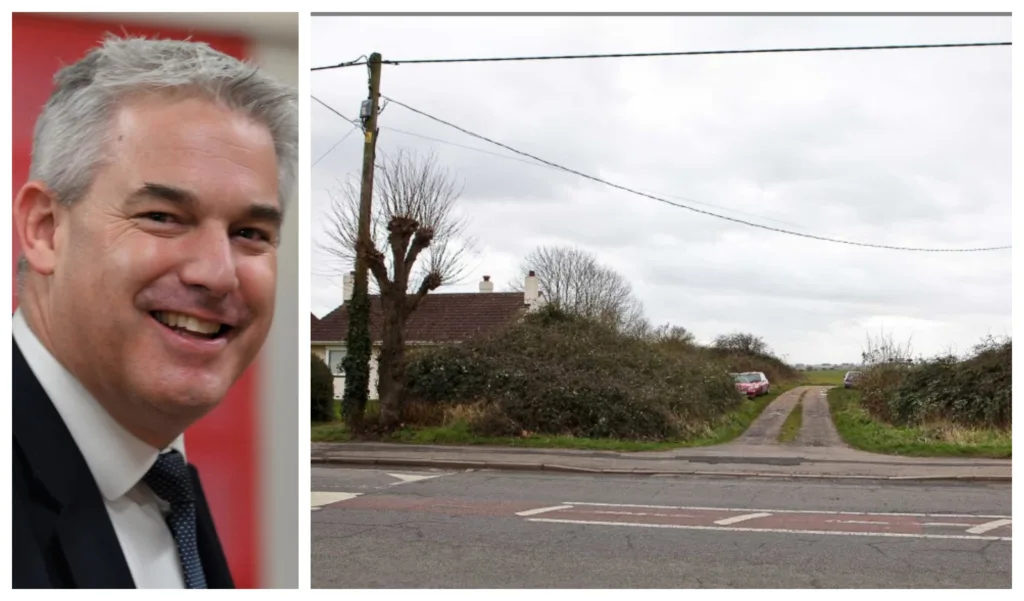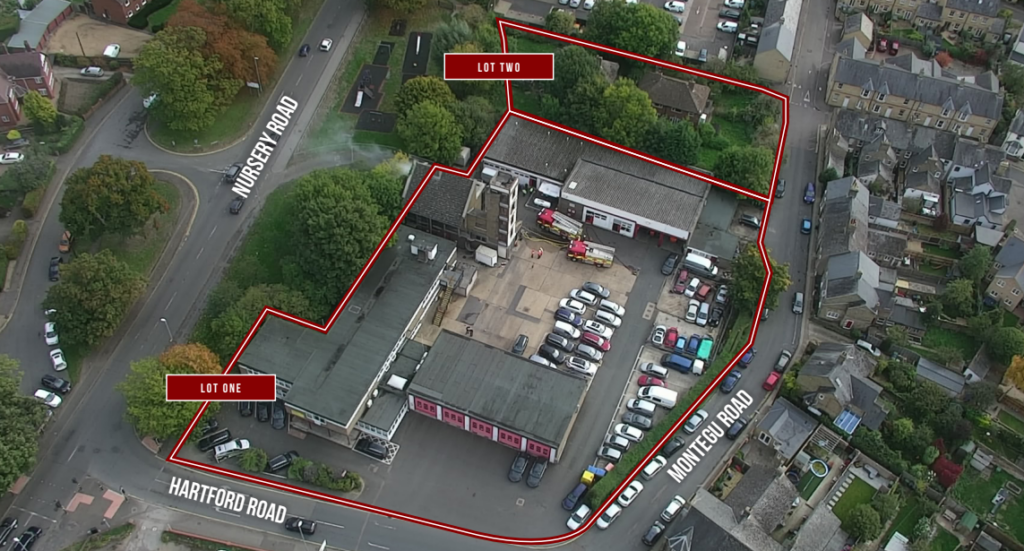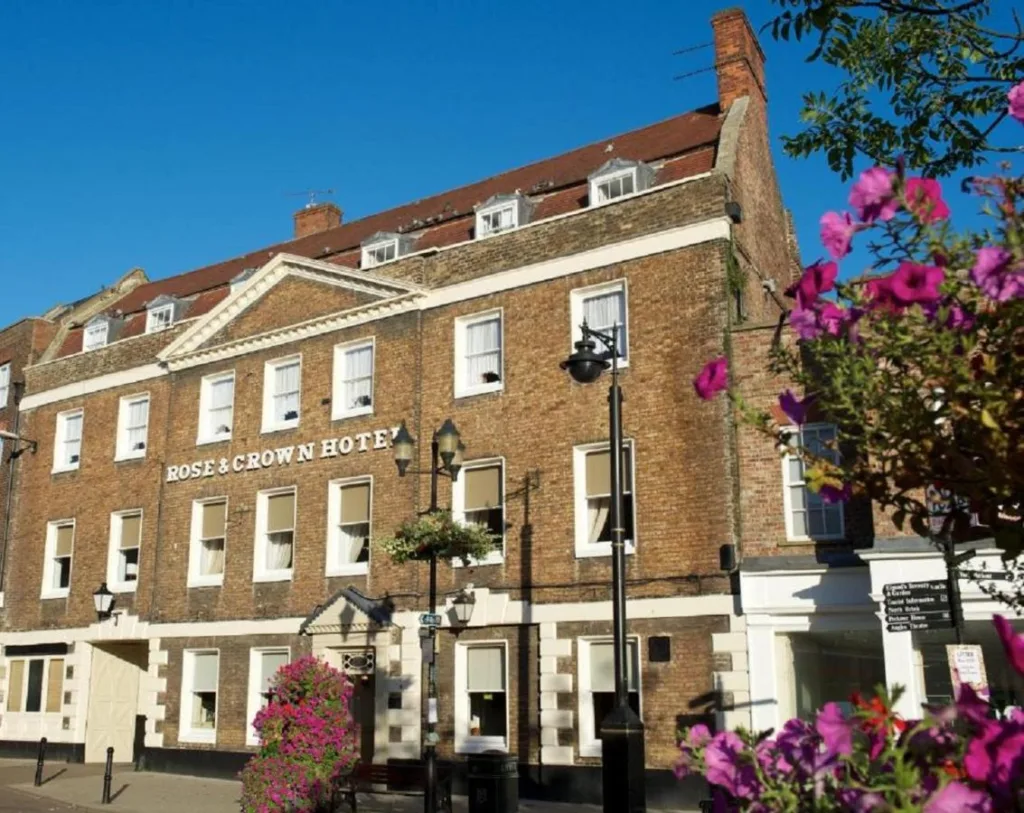Foolhardy councillors cost council taxpayers a whopping £35,000 by refusing a planning application for 110 homes that their own officers advised would be overturned on appeal. The Planning Inspectorate, in upholding an appeal by Allison Homes, slated Fenland Council for “unreasonable behaviour resulting in unnecessary or wasted expense”.
The financial extent of the planning committee’s folly in not having strong enough grounds to refuse the application can now be revealed.
Allison Homes were paid £20,000 by Fenland Council for their costs of bringing the appeal, and council spent more than £15,000 defending a decision which not even their own legal team felt they could win.
A Freedom of Information request shows the total cost incurred by the council includes hiring South Fens Business Centre for the 2 day appeal but does not include officers’ time preparing for an attending the appeal.
The council used a specialist firm from Darlington to support their refusal, but the 87 page report presented at the inquiry failed to impress.

Tasmin Law, the inspector appointed by the Secretary of the State, said in her ruling that “all parties are expected to behave reasonably to support an efficient and timely process”.
She said: “Where a party has behaved unreasonably, and this has directly caused another party to incur unnecessary or wasted expense in the appeals process, they may be subject to an award of costs.
“The aim of the costs regime, amongst other things, is to encourage all those involved in the appeal process to behave in a reasonable way and follow good practice.
Committee shrugs off legal challenge threat and rejects 110 homes
“A substantive award of costs may be made where (and the list is not exhaustive) the council has: prevented or delayed development which should clearly be permitted.”
“The application for costs asserts that the council failed to approve an application which complied with policy which caused the applicant unnecessary delay and wasted expense”.
She said: “Whilst the council is not duty bound to follow the advice of its professional officers if a different decision is reached the council must clearly demonstrate on planning grounds why a proposal is unacceptable and provide clear evidence to substantiate that reasoning.”

The inspector concluded that the council had failed to show that “based on the evidence before me that the proposal complied with policy.
“Additionally, there is no requirement, apart from developments of 250 dwellings or more, for housing to be located on allocated sites.
“In the planning judgement, it appears to me that having regard to the provisions of the development plan, national planning policy and other relevant considerations, the proposed development should reasonably have been permitted.”
‘Unnecessary expense’ of appeal
And for this reason, “the refusal of planning permission therefore constitutes unreasonable behaviour …..and the applicant has been faced with the unnecessary expense of lodging the appeal with regards to the first reason for refusal”.
The decision to refuse the application for the homes for the site to the south of Upwell Road and to the east of Cavalry Drive, March, was made by the planning committee in May 2023.
Ironically, it was not long after the Conservative controlled council reduced the numbers of the committee from 11 to 7.
Cllr Jan French, a former chair of the planning committee and deputy council leader, weighed in heavily against the application and won unanimous support for it to be refused despite the warning of legal and planning consequences.
She said the March neighbourhood plan – established after a local referendum in 2017 – had not allocated housing sites on the outskirts of the town.

Cllr French described as “premature” the bid by Allison Homes who argued it was in the emerging Local Plan.
She said there were great problems regarding traffic and “we need to redesign the top of St Peters Road; it is awful”. The area could not cope with two hundred more residents in that area.
Cllr David Connor, the committee chair, also queried highways officers who had not seen an issue with the 110 homes and felt St Peters and other roads could cope.
St Peters Road ‘not capable of extra traffic’
“Everyone round this table can see that St Peters Road is not capable of extra traffic,” he said.
Cllr Connor felt highways officers must have “gone round there are midnight”.
But a senior officer warned the committee: “There are very few grounds on which the application could be refused and successfully defended at appeal.”
The officer explained to committee members that he would “struggle to know” what planning reason could be used to reject the application by Allison Homes.
Not a single committee member could be found to even propose the officers’ recommendation for approval.
“Pretty unanimous,” explained Cllr Connor.
Allison Homes described the appeal success as a “significant milestone for Allison Homes and the community of March”.
Fenland Council faces legal bill for ‘unreasonable behaviour’ in failed bid to block 110 homes
After their appeal success, the company said: “The Planning Inspectorate determined that the committee’s reasons for refusal were not sound or justified and that the proposal complied with the council’s planning policies.
“The site, off Upwell Road in March, had already been identified by Fenland District Council as a suitable location for housing in the council’s most recent draft Local Plan – a key local planning policy created by local councils that confirms where it would like to see new homes built to support its growth needs.
Allison Homes addressed all the issues
“The plans had also been recommended for approval by the council’s planning officers as the application complied with the Local Plan policies and the proposal had suitably addressed drainage, flooding, and traffic matters.”
Glyn Mabey, managing director of Allison Homes East Region, said: “While we take no joy in appealing the decisions made by planning committees, in this instance it was clear that our plans had met all the requirements set out by the council’s planning policies, on a site that the council had identified as a place where it would like to see new houses built.
“We understand the concerns that local people have regarding traffic congestion and flooding.
“As with all our planning applications, we are required to work closely with planning officers, statutory consultees and Anglian Water, to make sure that all these areas are thoroughly considered, and the necessary on-site and off-site infrastructure is put in place to support the new development.”
Indicative plan for 110 homes in March: Glyn Mabey, Managing Director of Allison Homes East Region, said: “While we take no joy in appealing the decisions made by planning committees, in this instance it was clear that our plans had met all the requirements set out by the council’s planning policies, on a site that the council had identified as a place where it would like to see new houses built.”































